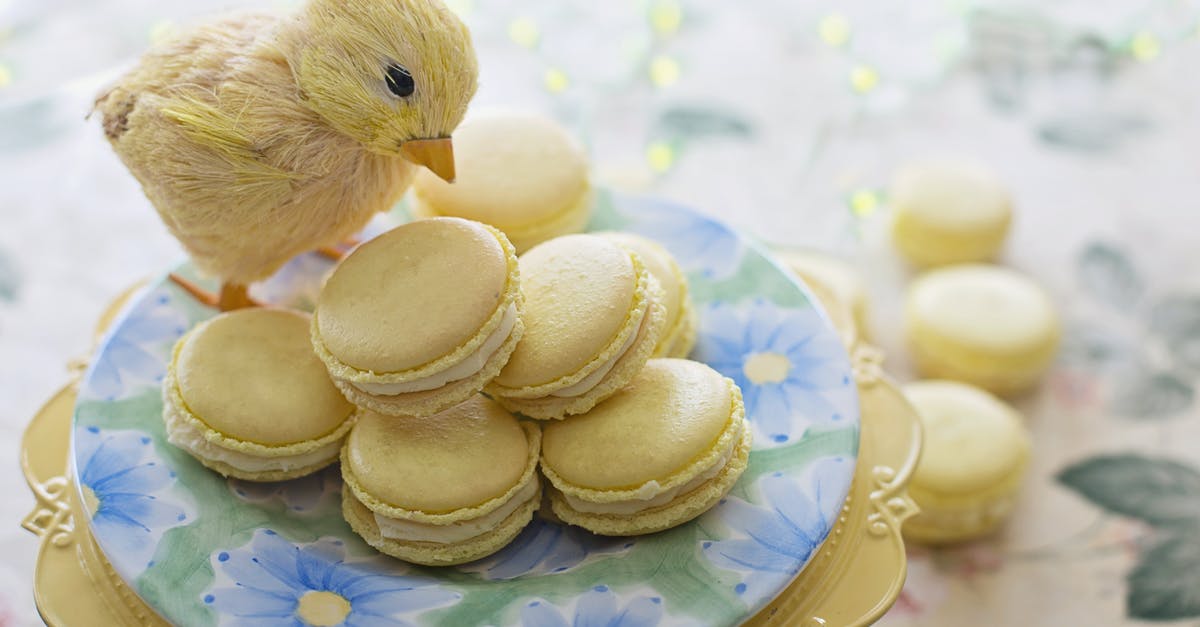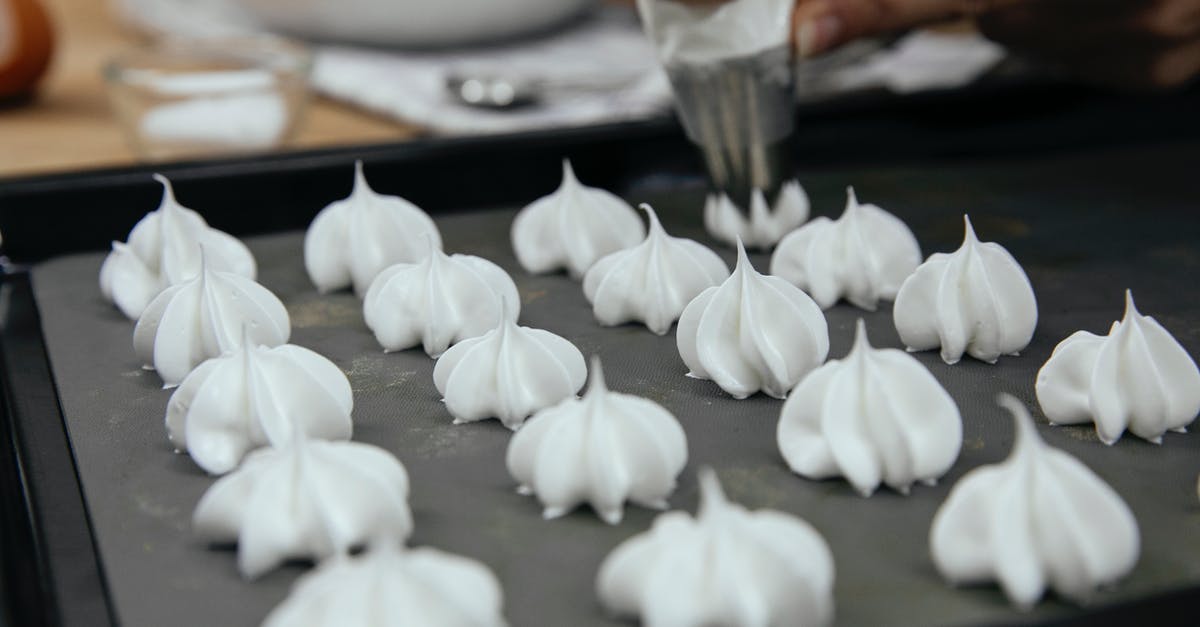Italian meringue deflated after adding sugar

I've only ever made French meringue prior to this, and I've only ever used whole, separated eggs.
In this case, I used egg whites out of a carton (probably should note they were only a few weeks shy of their expiration date). I know fresher whites whip up better, but I definitely got these to soft/slightly stiff peaks when I whipped the whites on their own. However, when I added the sugar syrup the meringue turned liquidy pretty quickly. I kept it whipping for a bit but the texture remained pretty liquidy (I did use some cream of tartar to help stabilize, but to no avail, apparently).
I'm wondering which, if any, of the following is the likely culprit:
- is there any general detriment to using the whites from the carton?
- was it simply the lack of freshness? (I would be surprised if it was either just because the whites did whip up pretty nicely before I added the sugar)
- could the syrup have been too hot or in some other way caused the whites to break down?
- could I have overwhipped the whites before adding the sugar? the peaks didn't seem to be too stiff before that point, but I suppose it's possible
- something else?
Best Answer
I've only ever made French meringue prior to this, and I've only ever used whole, separated eggs.
In this case, I used egg whites out of a carton (probably should note they were only a few weeks shy of their expiration date). I know fresher whites whip up better..
Older egg whites being thinner volume up better, but the drawback is being less stable (not so suitable for french meringue). Polar opposites to fresh eggs. However you are going to stabilise them by pouring hot syrup and keep whisking till it's cool, so no worries.
Note: carton eggs are usually pasteurised, so there is a slight performance decrease, but not enough to prevent from making a meringue
..but I definitely got these to soft/slightly stiff peaks when I whipped the whites on their own. However, when I added the sugar syrup the meringue turned liquidy pretty quickly. I kept it whipping for a bit but the texture remained pretty liquidy (I did use some cream of tartar to help stabilize, but to no avail, apparently).
Presume the cream of tartar was added when the whites were foamy. It is mainly used as a stabiliser to prevent overbeating.
There are two camps on Italian meringue methodology:
- Adding the syrup at soft peaks, This is with the consideration of using a stand mixer or a suitably powerful beater at high speed to beat the whites to stiff peaks before it is stabilised, and continue beating until it has cooled.
- Adding the syrup at firm/stiff peaks This allows you to also whip by hand, hand beater or stand mixer, until cool.
I'm wondering which, if any, of the following is the likely culprit:
is there any general detriment to using the whites from the carton? was it simply the lack of freshness? (I would be surprised if it was either just because the whites did whip up pretty nicely before I added the sugar) could the syrup have been too hot or in some other way caused the whites to break down? could I have overwhipped the whites before adding the sugar? the peaks didn't seem to be too stiff before that point, but I suppose it's possible something else?
It's not clear in the OP whether:
- The whites were beaten by hand, beater or stand mixer;
- The temperature of the sugar syrup reached 'soft ball stage' (112°C - 116 °C or 234°F - 241 °F)
- What speed were the whites whipped while the syrup was being added
One or more of these issues may have caused the collapse.
Pictures about "Italian meringue deflated after adding sugar"



Quick Answer about "Italian meringue deflated after adding sugar"
So the trick to revive the Italian meringue is actually really simple: Put your Italian meringue in a stand mixer and turn on the whip on a high speed. Don't worry if the meringue collapses at first. Whipping it will initially take out all the air that's still in there! Just keep on whipping at this point in time.How do you save a collapsed meringue?
Overbeaten whites will collapse. To revive them, beat 1 egg white until frothy, then gently fold into overbeaten whites until they're shiny and moist again.What happens if too much sugar in meringue?
If the sugar is added too early, the sugar granules interfere with the proteins' ability to unfold, resulting in a weaker network that can only support small air bubbles (this is why these cakes and meringues had a finer interior texture).Why do Italian meringues deflate?
This happens when the cooking temperature is too low or the baking time is insufficient. Basically, under-baking means there is too much liquid left in the meringue, which causes the foam to collapse and the excess liquid to seep out.Why does my meringue collapse when I add sugar?
If the meringue mixture becomes flat or runny when the sugar is added then it usually means that the egg whites were not quite whisked enough before the sugar was added. It sometimes helps to whisk the whites, then add a tablespoon of sugar and whisk the whites back to medium peaks before adding the rest of the sugar.HOW TO MAKE PERFECT ITALIAN MERINGUE | 5 TIPS!
More answers regarding italian meringue deflated after adding sugar
Answer 2
There is an obligatory steps when making italian meringue:
Eggs with 1 week shelf life and less is better to make a great foam from it;
Add some lemon juice to the egg white before whipping (not too much, just a little squeeze). Or you can add a half a teaspoon of tartar cream;
Your sugar syrup should be from a range of 118 C to 121 C, and the egg white should have soft peaks before adding the sugar.
You would have the following errors:
- Adding too much syrup, even if you have it in the right temperature;
- Adding the syrup when it was below 118 C;
- Or you have old egg whites and you couldn't realize if it have soft peaks or not.
Answer 3
Make sure you add the Hot sugar syrup while still whisking and whisk the whites till they are cool the sugar syrup cooks the egg and kills any salmonella in the eggs
Sources: Stack Exchange - This article follows the attribution requirements of Stack Exchange and is licensed under CC BY-SA 3.0.
Images: Son Tung Tran, Ylanite Koppens, Jill Wellington, Katerina Holmes
